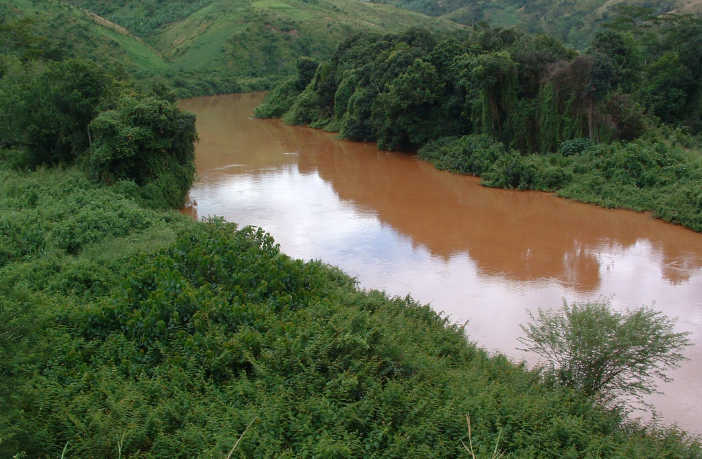- The Kikagati hydropower station project being built on the border between Uganda and Tanzania has reached financial close.
- This means that construction can now begin on the 16MW run-of-the-river hydro electricity generating station at Kikagati on the Kagera River.
According to the Emerging Africa Infrastructure Fund (EAIF) Executive Director, Emilio Cattaneo, the financial close means the first tranche of debt funding has been released to the Kikagati Power Company (KPC), who will own and operate the plant when construction is complete.
“The announcement of the financial close of the USD 54million debt finance package for the Kikagati hydro-electricity station brings closer a new source of electricity that will be equally shared between Uganda and Tanzania. EAIF is lending US $27m and the Dutch development bank (FMO), has contributed the same amount. Both loans have 16-year terms. The overall cost of the project is US $87m,” said Cattaneo.
KPCL’s plant will consist of an 8.5m-high dam of 300m in length, three turbines of 5.5MW each and associated earthworks, control and plant rooms and allied infrastructure connecting the plant to switchyards in Uganda and Tanzania. Around 250 people are involved in construction work. Once operational, around 10 permanent staff will run the plant.
The project will require only limited interconnection infrastructure as it will interconnect to the existing 33KV networks near to the site in both Uganda and Tanzania.
The Kikagati plant will benefit from the “GETFiT” program. GETFiT is funded by a number of European governments and the European Union. It provides a tariff subsidy to a number of renewable energy facilities across Uganda. GetFiT funding brings down the average cost of power to consumers.
The Kagera River on which Kikagati is located forms the natural border between Uganda and Tanzania. The project has been made possible through the close collaboration of the developer with the two governments.
Author: Bryan Groenendaal















